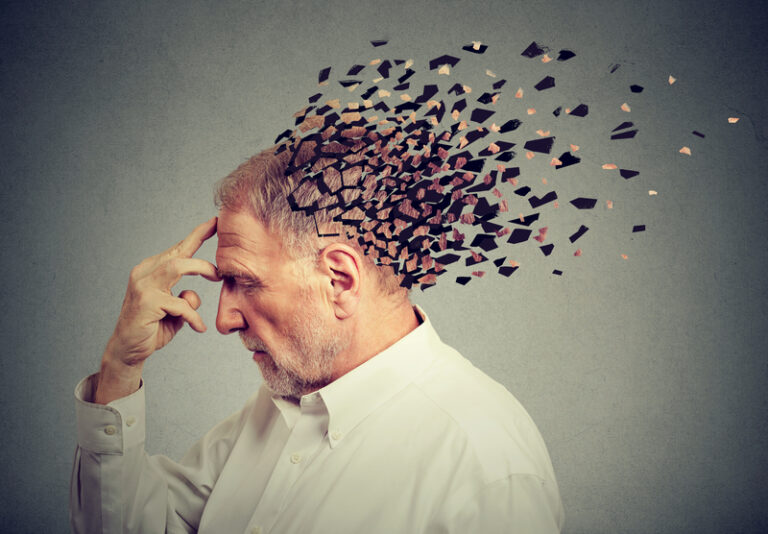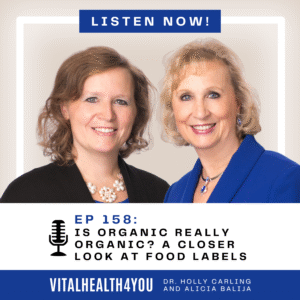A common complaint I hear is about mental fogginess. It seems almost universal, even in young adults today. At the other end of the mental spectrum is the feared Alzheimer’s disease or Dementia. Although the two terms are frequently used simultaneously, they are not the same thing. Dementia isn’t really a disease. It is a compilation of issues with memory, reasoning, and mental task performance. Dementia can be caused by Alzheimer’s, Parkinson’s and Huntington’s diseases, although more than half the cases are due to Alzheimer’s. Infections or immune/auto-immune challenges like HIV, Hashimoto’s encephalopathy or any other condition giving rise to encephalopathy can be causative. That also doesn’t mean that if you have those diseases, you will automatically have Alzheimer’s or Dementia.
The National Institutes of Health (NIH) estimates that at least five million people in the US now have Alzheimer’s disease.
While there are still many theories on what causes Dementia and Alzheimer’s disease, and we do understand a few of the mechanisms, there is still much to be learned. For instance, we understand that “plaquing” occurs. This is caused by abnormal protein deposits which form the plaques and “tangles” characteristic of Alzheimer’s. But what goes awry in protein metabolism in the first place? Could it be the garbage proteins we consume today? Or is it because our diets are so high in carbohydrates, that the result is such low protein that somehow the body is compensating? Don’t know.
We know that medications can sometimes mimic dementia. The Alzheimer’s Association reports, “Medication induced dementia is the most common cause of misdiagnosed or ‘reversible’ dementia.” Two of those are Valium and Xanax, but also include anti-histamines, antibiotics, corticosteroids, anticonvulsants, antiemetics, muscle relaxants and opioid pain killers. We had that problem with my mother in law last year. Her dementia was so severe, she could no longer perform activities of daily living (such as brushing her hair, bathing, etc.). After a couple of years in this state, she progressively went downhill. Finally, she went home for the last time with hospice. Told she only had a few more days to live, the family decided at that point to take her off all medications. An amazing thing happened! The next morning, she was lucid! Expecting that to be the bright lift some people get before they die, they enjoyed it, but weren’t hopeful.
But the next day, she was even more lucid. In a matter of days, she was back into life again, laughing and interacting with family like nothing had happened. She had a lot of strength-building to do, but it was amazing the change! That was well over a year ago, and there are only mild indications of dementia. That isn’t always the case, and doesn’t mean you should take your loved one off meds, but a talk with the doctor may be warranted.
I spent a lot of time in China. One of the fascinating places I worked while there was the Dementia Hospital and Parkinson’s Hospital. 2 huge hospitals of 435 and 480 beds (as I remember) were filled with patients being treated for Dementia, Alzheimer’s and Parkinson’s. It was interesting. They received daily acupuncture, herbal and conventional remedies, and other “alternative” medicine techniques. What was interesting was they were using electro-acupuncture – meaning after the needles were placed in the head, electrical wires were connected, and turned on. This was not a shock-treatment, in fact, it is gentle and relaxing. I bring this up as conventional science is reporting on “Deep Brain Stimulation” as an option for Parkinson’s. While a device is surgically implanted in a hospital, via acupuncture, it is not. Oh. Did I mention that was back in 1989, then again in 2001?
©2014 Holly A. Carling, O.M.D., L.Ac., Ph.D.







